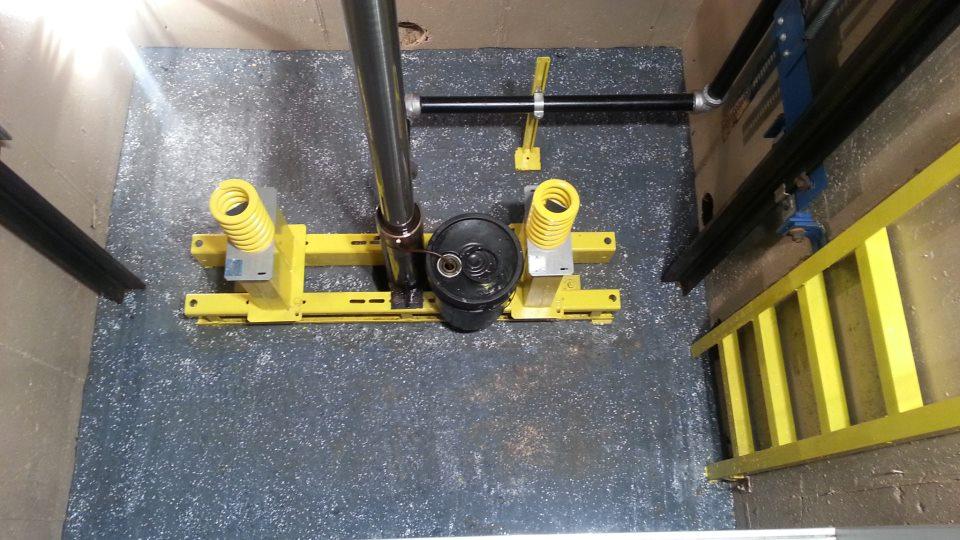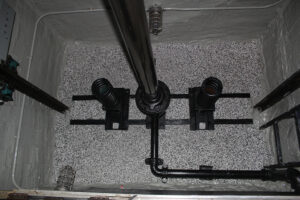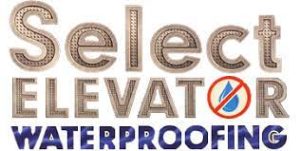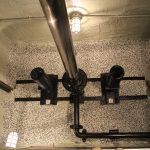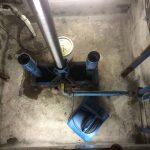Elevator Waterproofing: Preserving Mobility and Safety in Vertical Transportation
Elevator Waterproofing: Preserving Mobility and Safety in Vertical Transportation
Elevators are essential components of modern buildings, enabling efficient vertical transportation for people and goods. While elevators provide convenience and accessibility, they are also vulnerable to damage from water infiltration. Elevator waterproofing plays a crucial role in preserving the functionality and safety of these systems. In this article, we will explore the importance of elevator waterproofing, its various methods and materials, and the benefits it offers in terms of prolonging the life of elevators and ensuring safety.
I. Understanding the Vulnerability of Elevators to Water Damage
Elevators are complex mechanical systems that operate in a wide range of environments, from office buildings to shopping malls, and even outdoor locations like parking structures. This diversity of locations exposes elevators to different sources of water and humidity, making them susceptible to water damage. The primary sources of water intrusion in elevators include:
Rainwater: Elevator shafts in outdoor environments are vulnerable to rainwater infiltration, which can lead to various forms of damage over time.
High Humidity: Elevators located in humid environments can experience moisture buildup, leading to rust and corrosion of mechanical components.
Leaking Roofs: Elevator pits and machine rooms are sometimes located near the roof of the building, which increases the risk of leaks and water ingress during heavy rainfall or roof maintenance.
Flooding: In regions prone to flooding, elevator pits can quickly fill with water, causing extensive damage to the elevator system.
II. The Importance of Elevator Waterproofing
Elevator waterproofing is not just a matter of convenience but also one of safety and cost-effectiveness. Let’s explore why it is crucial to ensure that elevators remain protected from water damage.
Safety: Elevator systems must operate reliably to ensure passenger safety. Water damage can lead to malfunctioning doors, electrical failures, and even catastrophic elevator failures, endangering passengers.
Compliance: In many regions, building codes and regulations mandate elevator waterproofing to ensure the safety and longevity of elevator systems.
Preservation of Investments: Elevator systems are expensive to install and maintain. Waterproofing helps protect this valuable investment by extending the life of the equipment and minimizing repair and replacement costs.
Operational Efficiency: Water damage can lead to elevator downtime, disrupting building operations and causing inconvenience to occupants. Waterproofing safeguards the elevator’s continuous operation.
III. Methods and Materials for Elevator Waterproofing
Elevator waterproofing encompasses various methods and materials to protect elevator systems from water infiltration. The choice of method and materials depends on the specific requirements of the elevator installation and the environmental conditions.
Shaft Waterproofing:
- Shaft Waterproofing Membranes: Waterproof membranes, such as rubberized asphalt or synthetic materials, are applied to the elevator shaft walls to create a barrier against water. These membranes are highly effective in outdoor and humid environments.
- Water-Resistant Coatings: Specialized coatings, like epoxy-based or polyurethane coatings, can be applied to the shaft walls to create a water-resistant surface. These coatings are suitable for indoor and outdoor elevators.
Pit Waterproofing:
- Sump Pumps: Elevator pits are equipped with sump pumps to drain excess water and prevent flooding. These pumps are essential in areas prone to water accumulation.
- Waterproofing Membranes: Waterproof membranes can also be applied to elevator pits to protect against rising groundwater and potential flooding.
Machine Room Waterproofing:
- Elevated Machine Rooms: Elevating the machine room above potential water sources, such as the roof, is an effective way to prevent water damage.
- Waterproofing Coatings: Specialized waterproofing coatings and sealants can be applied to the floor and walls of the machine room to protect against leaks and high humidity.
- Door Seals and Gaskets: Proper sealing of elevator doors is essential to prevent rainwater and humidity from infiltrating the elevator cabin.
- Drainage Systems: Effective drainage systems, including downspouts and gutters, help divert rainwater away from elevator shafts and machine rooms.
- Regular Inspections and Maintenance: Routine inspections and maintenance are essential to detect and address water-related issues promptly.
IV. Benefits of Elevator Waterproofing
Elevator waterproofing offers a wide range of benefits, ensuring the reliability, safety, and longevity of elevator systems:
Extended Lifespan: Waterproofing measures protect elevator components from corrosion and deterioration, significantly extending their operational life.
Reduced Maintenance Costs: By preventing water damage, elevator waterproofing reduces the need for frequent repairs and maintenance, resulting in cost savings over time.
Increased Safety: Waterproofed elevators are less prone to sudden malfunctions or failures, ensuring passenger safety and peace of mind.
Improved Reliability: Waterproofed elevators are less likely to experience downtime due to water-related issues, providing continuous and reliable vertical transportation.
Regulatory Compliance: Elevator waterproofing ensures compliance with building codes and regulations, avoiding potential legal and safety concerns.
Enhanced Property Value: Elevator waterproofing contributes to the overall value and marketability of property by ensuring the reliability of elevator systems.
Elevator waterproofing is an indispensable element of ensuring the functionality, safety, and longevity of elevator systems. Water damage poses a significant threat to these complex mechanical systems, making the protection of elevators from water infiltration a top priority for building owners and property managers. By understanding the vulnerabilities of elevators to water damage, the importance of waterproofing, and the various methods and materials available, stakeholders can make informed decisions to preserve their investments and provide safe and efficient vertical transportation. Elevator waterproofing is not only a practical necessity but also a wise investment in the long-term performance of a building’s elevator systems.
Contact the Professionals at Select Elevator Waterproofing Today! 800-733-7009



